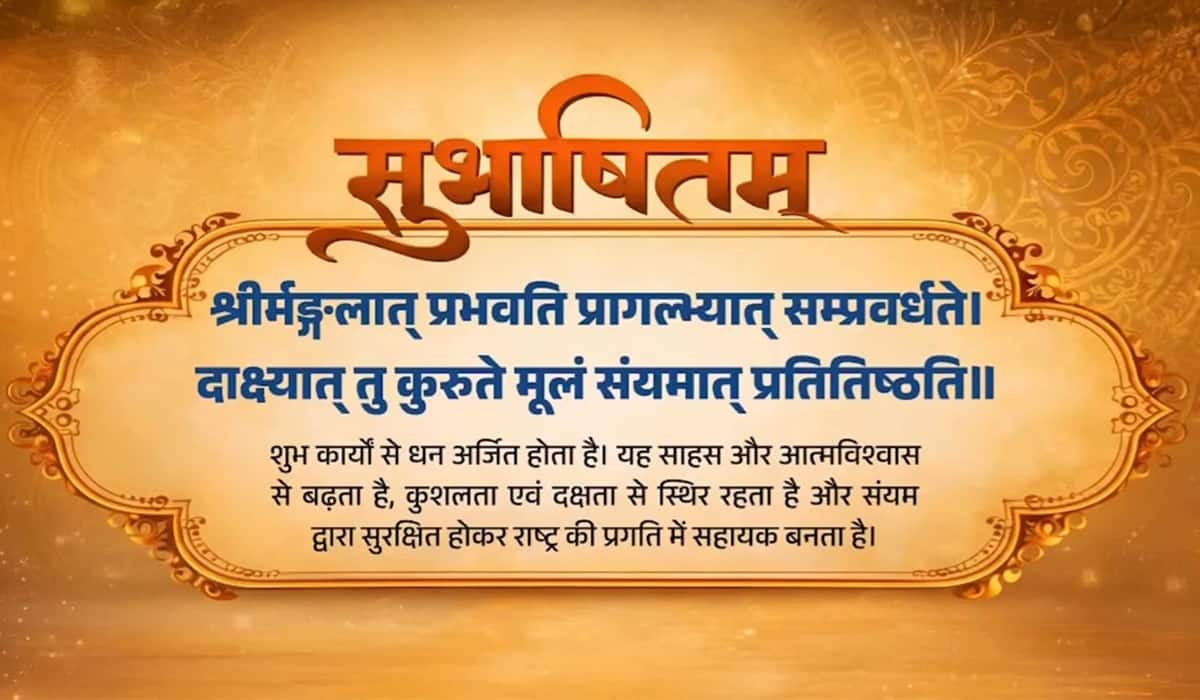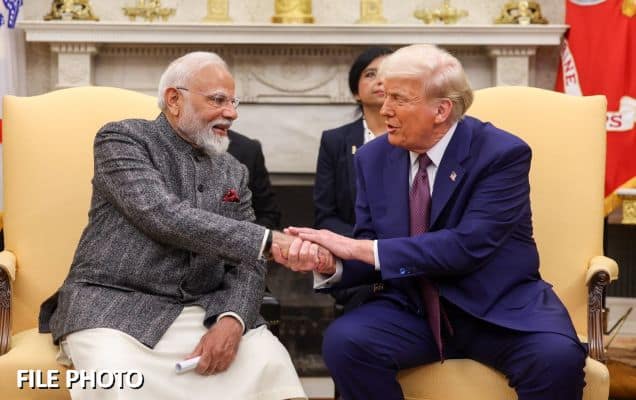The Prime Minister, Shri Narendra Modi, today interacted with Chief Secretaries of States and Union Territories. This interaction was part of the National Conference of Chief Secretaries on the theme of "States as Drivers for Transforming India." This is the first time, that the Prime Minister has addressed such a gathering, at such an event.
Chief Secretaries spoke briefly on one best practice each, of their respective States.
The best practices presented by the Chief Secretaries included themes such as rural development, skill development, crop insurance, health insurance, tertiary healthcare, welfare of divyang children, reducing infant mortality, tribal welfare, solid waste management, sanitation, drinking water, river conservation, water management, e-governance, pension reform, emergency services, development of mineral-rich areas, PDS reform, Direct Benefit Transfer of subsidy; solar energy, cluster development, good governance and ease of doing business.

Speaking on the occasion, the Prime Minister said priority and approach, matter a lot in governance. He said we have a lot to learn from the experiences of States, which could provide the best solutions to problems and challenges. He said top government officials have the collective vision and capabilities to overcome challenges. In this regard, experience sharing is very important, he added.
The Prime Minister said a team of young officers from across States should now deliberate and learn from these best practices, by visiting each State. These will help in efficient adoption of best practices across States.
The Prime Minister asked officers to remain ever mindful of the credo of ‘competitive cooperative federalism.’ He said districts and cities must also be part of a virtuous competitive environment of development and good governance. He said the successes of small States and Union Territories, could be replicated by large states in one district to begin with. In this regard he mentioned Haryana and Chandigarh becoming kerosene-free.
The Prime Minister gave the example of monthly PRAGATI meetings, which had given a decisive push to many long-pending projects. He urged States to come out of the silos, and work cohesively with the Centre and which each other.
The Prime Minister said the whole world today has trust in India, has expectations from India, and wants to partner with India. He said this is a golden opportunity for us. He said "ease of doing business" should be accorded top priority, and would greatly help States in attracting investment. The Prime Minister said improvement in “ease of doing business” would bring in greater investment in the States. He said States have enormous untapped development potential.

The Prime Minister recalled his initial days as Chief Minister of Gujarat, and the work of post-earthquake reconstruction in Kutch. He praised the work of officers who worked as a team and put in a dedicated effort in those days. In this context, he also mentioned the importance of removing archaic laws and rules.
Speaking on the agriculture sector, the Prime Minister said the use of technology was imperative. He stressed on eliminating wastage in farm produce, and focus on food processing. The Prime Minister called for States to focus on agriculture reforms, and e-NAM in particular.
The Prime Minister strongly urged officers to adopt a positive attitude to new initiatives. He said the elected political leadership would always be receptive to new, positive ideas, irrespective of ideology.

The Prime Minister said the use of Aadhaar has brought benefit all around, and eliminated leakages. He urged all present to maximize its use in the interest of good governance. He said Government e-Marketplace (GeM) could provide efficiency, savings and transparency in government procurement. He asked all State Governments to maximize the use of GeM by August 15th.
Speaking on "Ek Bharat, Shreshtha Bharat", he said we must always recall the factors which unite us. He urged all Chief Secretaries to work on this scheme.
The Prime Minister said good governance is the greatest key to success of Government programmes, and development goals. He said relatively junior officers in States must spend adequate time in field visits, so that they are aware first-hand about issues on the ground. The Prime Minister emphasized on the importance of preserving institutional memory. He said writing of Gazettes by officers should be made compulsory in the districts.

The Prime Minister mentioned the completion of 75 years of independence in 2022. He said this is an opportunity for collective inspiration and for everyone to work in mission mode for all-round development.
Union Minister of State for Planning - Shri Rao Inderjit Singh, Vice Chairman NITI Aayog - Dr. Arvind Panagariya, CEO NITI Aayog – Shri Amitabh Kant, and senior officials from Government, PMO and Cabinet Secretariat were present on the occasion.













